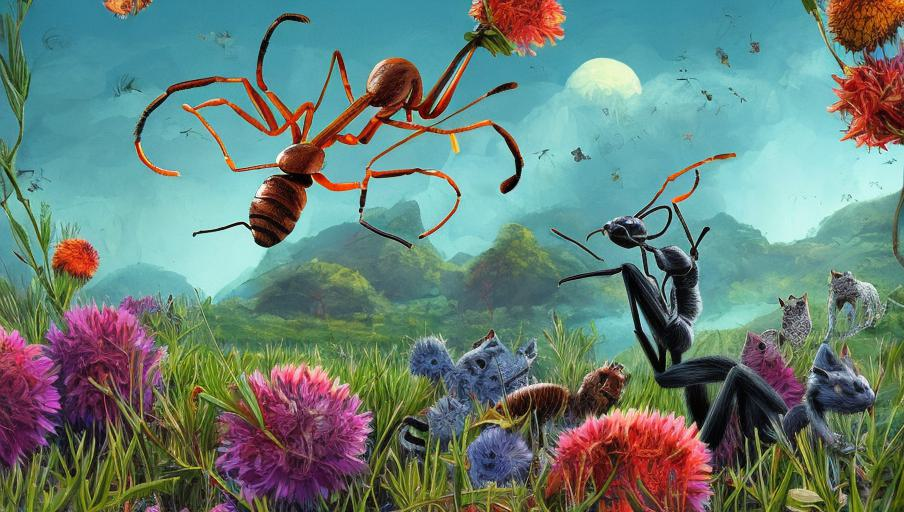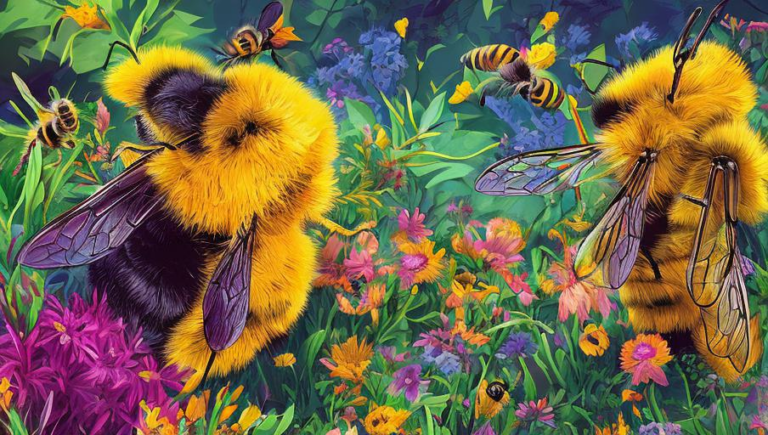Hear the Buzz: Uncovering the Fascinating Sounds Ants Make

The Unusual Sounds of Ants
Ants are one of the most common creatures on the planet. They live in nearly every environment and can be found in virtually every corner of the world. But what many people don’t know is that some species of ants are able to make sounds, or “stridulate,” to communicate with each other. This is a fascinating behavior that is not as well understood as it should be.
How Ants Stridulate
Ants stridulate by rubbing their legs or antennae together. The sound created by this rubbing is often described as a squeak or a buzz. Each ant species creates a slightly different sound, and the frequency of the sound can vary depending on the circumstances. For instance, ants may stridulate more rapidly when they are agitated or excited. This behavior is often used to warn other ants of danger or to send them away.
Communication Through Sound
The sounds that ants make can be used to communicate with one another. For instance, when a scout ant finds food, it will stridulate a particular sound that alerts other ants to the presence of food. Ants will also use stridulation to signal danger and alert their nest-mates to the presence of a predator. This can help the colony to quickly respond to threats and keep their nest safe.
Studying Ant Stridulation
Though ant stridulation has been studied for many years, there is still much to learn about it. Scientists are actively studying the sounds ants make and the ways in which they use those sounds to communicate. By understanding how ants communicate through sound, scientists can gain insight into their behavior and how they interact with one another. In addition, this research could be used to develop better methods for controlling and managing ant populations.
Conclusion
Ants are remarkable creatures with a variety of fascinating behaviors, including the ability to stridulate. By studying the sounds they make and the ways in which they use them to communicate, we can gain a better understanding of ant behavior and, in turn, use this knowledge to better protect and manage ant populations. So next time you hear a buzzing sound coming from a group of ants, take a moment to appreciate the complexity of their communication.





